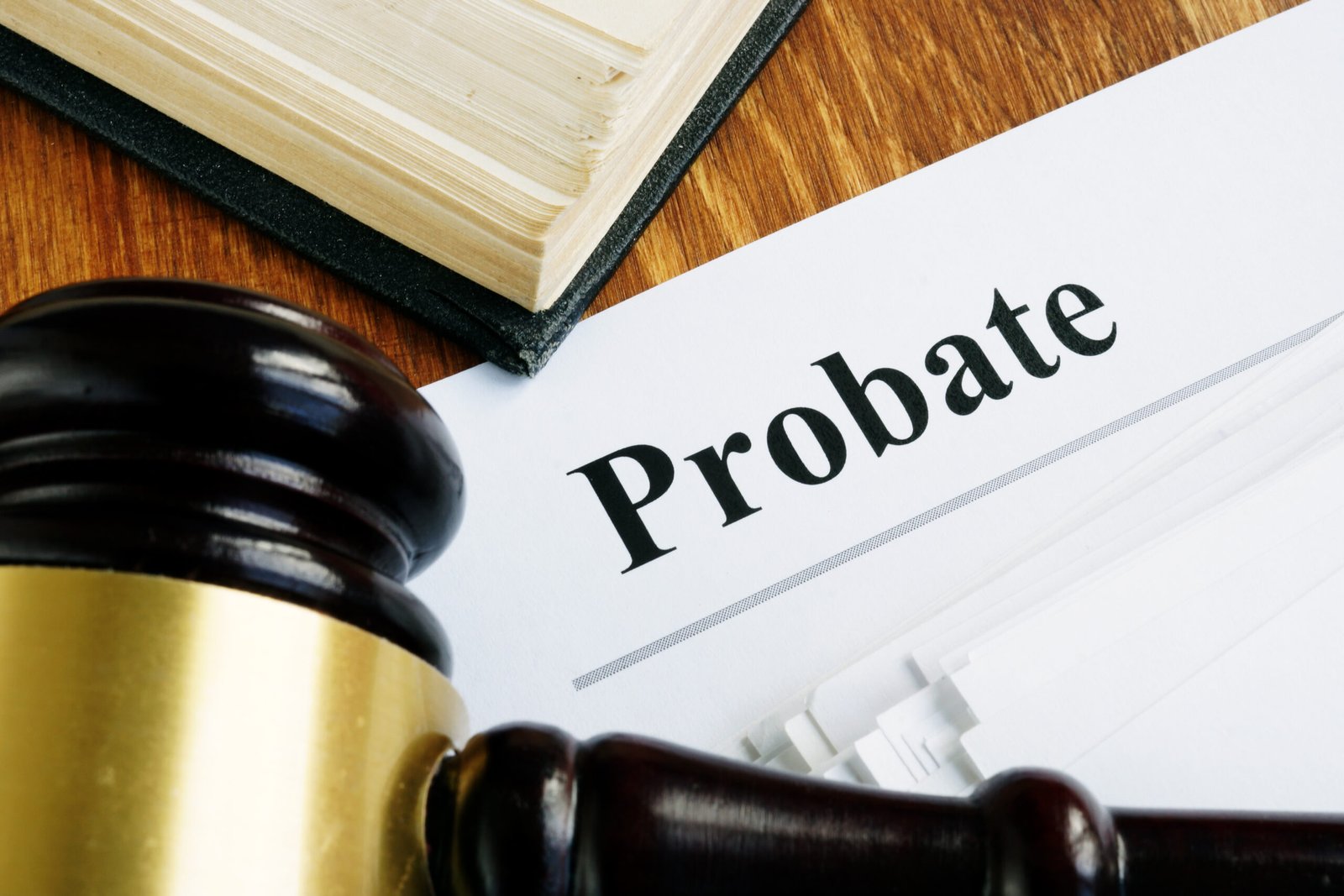Probate fraud and estate planning scams are on the rise, frequently targeting older adults and grieving families during their most vulnerable moments. These scams take many forms—from false claims against a will to fraudsters posing as professionals demanding urgent payments or personal information.
Understanding how the probate process works and knowing the warning signs can help you avoid falling victim to these deceptive practices. Here’s how to stay safe and secure during the probate process.
What Is Probate Fraud?
Probate fraud usually involves someone attempting to manipulate the legal process of distributing a deceased person’s assets. This can include:
- Contesting a will under false pretenses
- Impersonating heirs or beneficiaries
- Faking legal documents
- Submitting fake creditor claims
- Posing as professionals to steal money or information
The probate process is already complicated and involves court oversight, so it’s easy to be overwhelmed—especially during times of grief. That’s why scammers often take advantage of urgency and confusion.
How to Protect Yourself from Probate Scams
- Avoid Solely Relying on Online Communication
With the growing use of online tools in estate planning and probate matters, scams are increasingly being carried out through digital channels. While it is normal to communicate by email or phone, do not rely solely on those methods—especially for sensitive matters.
What to do:
- Research the law firm or professional thoroughly.
- Confirm the law firm has a physical office.
- Verify that the attorney is licensed with the appropriate bar association.
- Request at least one in-person or video meeting.
- Be skeptical of any request for your Social Security number or confidential data over the phone or internet.
- Don’t Sign Anything in a Rush
Scammers love urgency. If you are being told you must sign a document “right away” without a clear explanation, that is a huge red flag.
What to do:
- Take time to read every document carefully.
- Research the name of the document—many estate and probate forms are publicly available and standardized.
- Have a legal professional to review it if you’re still unsure or do not understand the purpose of the document.
- Keep your own estate planning documents updated as your life changes.
- Be Cautious with Payment Requests
One of the most common probate scams involves demanding immediate payment to process an inheritance or transfer property. In reality, you should almost never need to pay fees to receive what is already legally yours—outside of legitimate court filing fees or professional service costs.
What to do:
- Do not transfer money or make payments without a clear breakdown of the charges.
- Legitimate attorneys will provide a written fee agreement.
- Be skeptical of vague or fluctuating fees.
- Avoid unsolicited offers to help you “unlock” an inheritance or settle an estate quickly.
Final Tips to Avoid Probate Scams
- Work with a trusted attorney or estate planner. A licensed professional can guide you through the legal process and spot suspicious activity.
- Keep your estate plan current. Updating your trust or will after major life events reduces confusion and minimizes the risk of disputes.
- Create a clear, detailed estate plan. The best way to protect your family is by preparing in advance. A well-structured trust clearly communicates your wishes and can help prevent fraud after your passing.
Stay Informed and Prepared
Probate scams thrive on confusion, urgency, and misinformation. By staying vigilant, asking questions, and working with trusted professionals, you can protect yourself and your family from becoming victims.
Being prepared isn’t just smart—it’s one of the most powerful tools you have to fight fraud.

